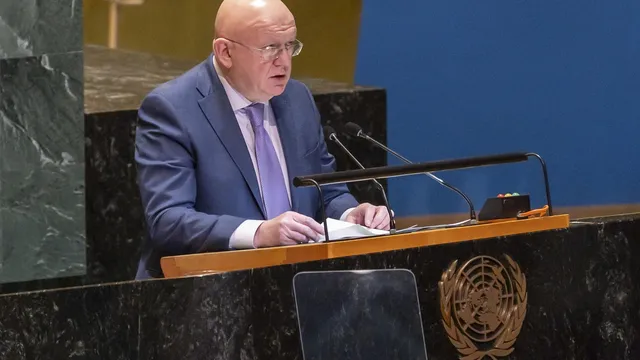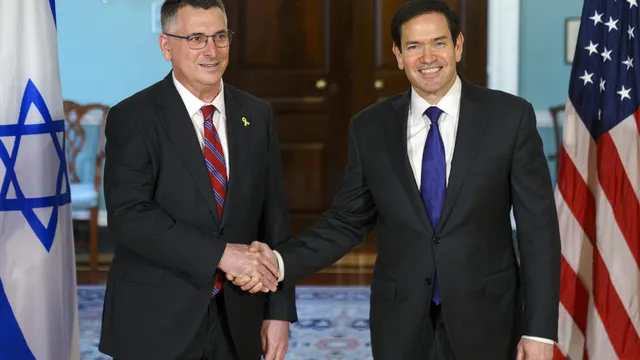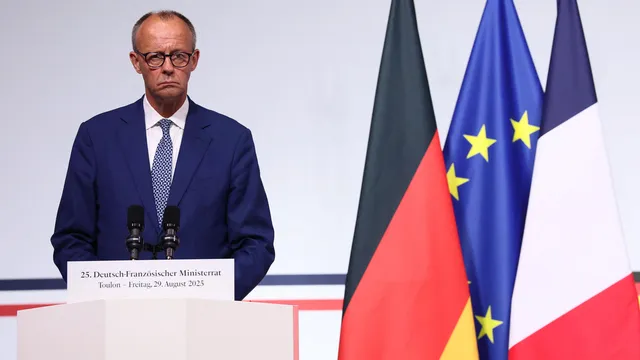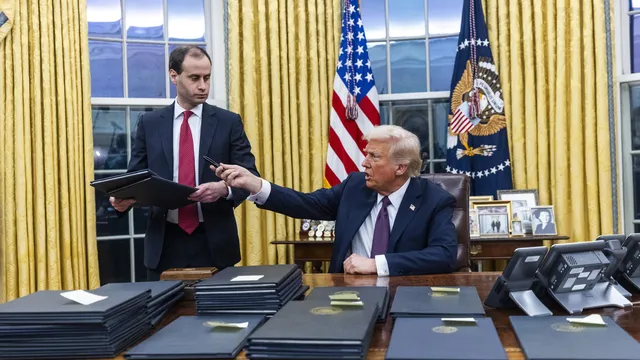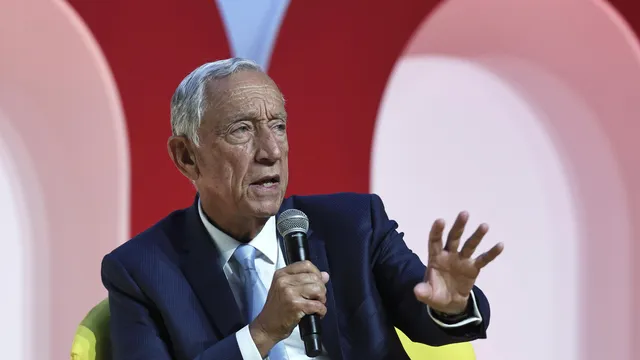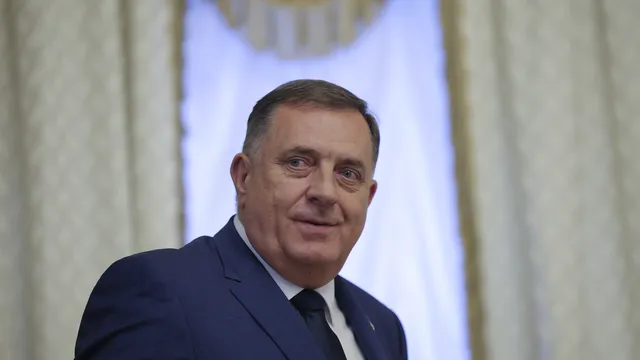Russian Ambassador to the UN Vasily Nebenzya criticized the High Representative for Bosnia and Herzegovina for mishandling growing tensions in the Balkan country.
Christian Schmidt, who has been tasked since 2021 overseeing the Dayton Peace Agreement that ended the war in Bosnia, "has finally discredited himself with his attempts to exercise power in Bosnia and Herzegovina and by doing everything possible to destabilize the situation in the country," Nebenzia said before Schmidt's speech to the UN Security Council.
"Mr. Schmidt has no right to speak on behalf of the international community or to present documents to the Security Council," he added, briefly leaving the room while Schmidt was speaking.
He refused to "waste time listening to his biased thoughts."
Nebenzia returned to the meeting after the speech but continued to criticize Schmid, accusing him of pursuing "the goal of suffocating everything Serbian" in Bosnia.
Schmidt's appearance at the UN came at a time when Bosnia is facing a growing political crisis triggered by the recent conviction of Bosnian Serb leader Milorad Dodik on charges of secession.
Since the end of the bloody inter-ethnic war in 1995, Bosnia has been divided into two autonomous entities – the Republika Srpska (RS) and the Muslim-Croat Federation.
Each has its own government and parliament, and weak central institutions are the only thing that unites the country of 3.5 million people.
Dodik, who is wanted on secession charges after two failed arrest attempts, has repeatedly refused to comply with Schmid's decisions.
Schmidt told the Security Council that the last few months in Bosnia have been "marked by a significant increase in tensions, which undoubtedly constitute an exceptional crisis in the country."
"I can emphasize that I see a political crisis, but I still have no indications of a security crisis," he added.
The chair of Bosnia's three-member presidency, Zeljka Cvijanovic, who represents Bosnian Serbs, also criticized Schmidt, who has broad powers to intervene in Bosnia's governance.
"What started as a simple overreach of authority has now turned into a system of repression," Cvijanovic said.
"This is neither the Dayton Agreement nor democracy, and it is certainly not the rule of law. This is dictatorship, rule by decree, without control by the courts and without the right of appeal," she added. | BGNES

 Breaking news
Breaking news
 Europe
Europe
 Bulgaria
Bulgaria
